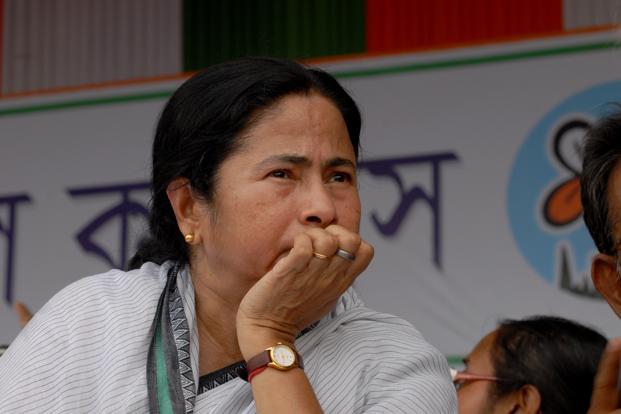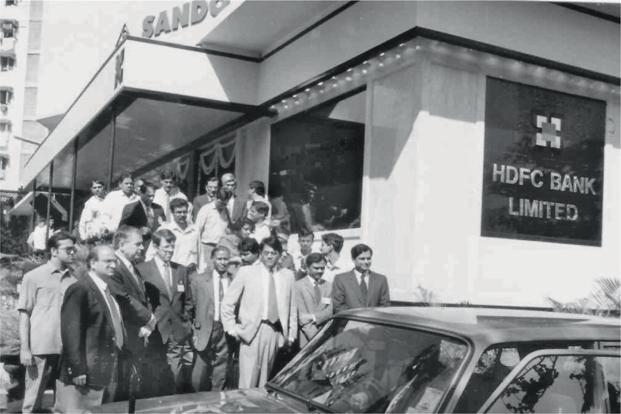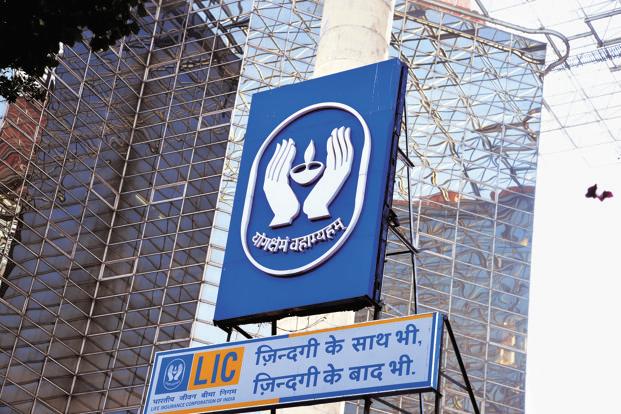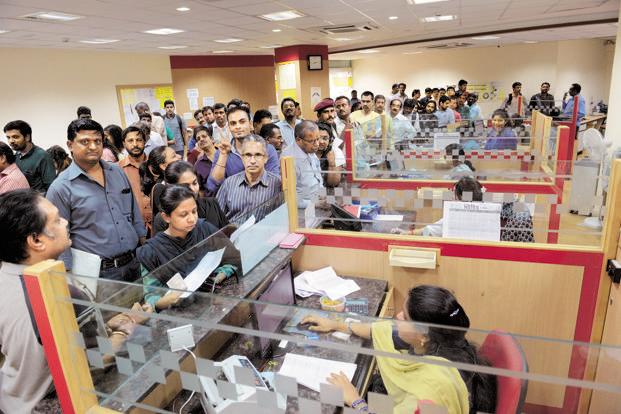Nobody knows who the smoking community in West Bengal is blaming more—chief minister Mamata Banerjee or Sudipta Sen, chairman and managing director of the Saradha Group.
Banerjee on Wednesday imposed a 10 percentage point hike in value-added tax on tobacco products to raise Rs.500 crore for rescuing thousands of people who have lost money following the collapse of the Saradha Group. Promoter Sen claims to be an ardent disciple of Saradha-ma, wife of famous Bengali saint Sri Ramakrishna, in his long letter to the Central Bureau of Investigation (CBI) where he graphically describes how he was blackmailed by many and that he is a babe in the woods when it comes to the money market.
Banerjee could have waited and seized all the assets of the group and sold them to generate cash but that would have taken time and she couldn’t afford to wait with the panchayat elections around the corner. Besides, it seems there are hardly any assets of the group as there had been rampant misuse of the money raised. Instead of creating assets, fresh money was raised to redeem old deposits. So, Banerjee has taken an easy way out—use of taxpayer money to bail out a rogue company.
The Saradha Group is a not a chit fund. Technically, the group companies—and many others in West Bengal—are not taking deposits. They are selling holidays and pieces of real estate and other products and raising money in the form of advances. Once a subscriber to such a scheme becomes eligible for a week’s holiday at a resort every year or, say, 20 sq. ft worth of real estate, he can encash his entitlement. That’s how these schemes run and no regulator has any jurisdiction on the so-called collective investment schemes (CIS). Chit funds are regulated by state governments.
While the capital market regulator has unsuccessfully tried to stop these companies from raising money from the public by approaching the courts, the Reserve Bank of India (RBI) brass has said several times in the recent past that these companies, though receiving public deposits, do not come under the banking regulator’s jurisdiction.
This is something on which the RBI needs to do some introspection. Deposit taking in any form should be regulated by the central bank but it seems RBI does not want to push itself hard in complex and difficult situations even though it does not want any other entity, except for banks, to take public deposits. It has stopped most non-banking finance companies from taking public deposits and the few that are allowed to do so have come under greater scrutiny.
It does not allow microfinance institutions or MFIs to take public deposits because they are not banks. Even the residuary non-banking companies like The Peerless General Finance and Investment Co. Ltd and Sahara India Financial Corp. Ltd were forced by RBI to invest their entire deposit liabilities in government bonds before they closed shop. But when it comes to the companies of Saradha Group’s ilk the RBI pleads helplessness.
In other words, RBI does not want to come out of its comfort zone. And at the same time it wants to be the last word on anything and everything related to money. It’s perhaps time the Indian central bank took more responsibility and showed willingness to protect depositors outside the banking system.



